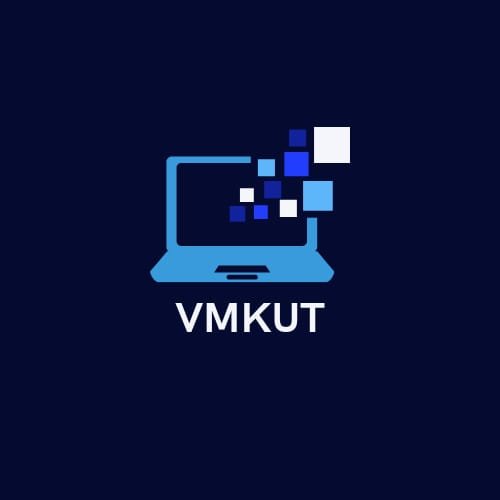E-state Nirman Nigam Steel Supplier Registration
E-state Nirman Nigam Steel suppliers play a crucial role in various industries, providing essential materials for construction, manufacturing, and infrastructure development. Registering as a steel supplier involves formalizing your business, complying with regulations, and establishing credibility within the industry E-state Nirman Nigam.

Understanding the Steel Industry:-
Before diving into registration, it’s essential to understand the dynamics of the steel industry. This includes learning about different types of steel, production processes, market trends, and key players in the industry.
- Legal and Regulatory Requirements:
Registering a steel supply business requires adherence to legal and regulatory frameworks. This includes business registration, obtaining necessary licenses and permits, complying with environmental regulations, and ensuring workplace safety standards.
- Business Structure and Registration:
Choose a suitable business structure for your steel supply business, such as sole proprietorship, partnership, or corporation. Register your business with the appropriate authorities, such as the government’s business registration office or chamber of commerce.
- Taxation and Financial Considerations:
Understand the tax implications of operating a steel supply business, including income tax, sales tax, and value-added tax (VAT). Set up proper accounting systems and financial controls to manage your business finances effectively.
- Location and Facilities:
Select a strategic location for your steel supply business, considering proximity to suppliers, customers, and transportation hubs. Invest in suitable facilities, such as warehouses, storage yards, and office space, to store and manage steel inventory efficiently.
- Supplier Relationships:
Forge strong relationships with steel manufacturers and distributors to ensure a reliable supply chain. Negotiate favorable terms and conditions, including pricing, payment terms, and delivery schedules, to meet your customers’ needs.

- Quality Control and Product Certification:
Implement robust quality control measures to ensure the integrity and consistency of your steel products. Obtain necessary certifications, such as ISO 9001, to demonstrate compliance with industry standards and specifications.
- Marketing and Branding:
Develop a comprehensive marketing strategy to promote your steel supply business and attract customers. Utilize online and offline channels, such as websites, social media, trade shows, and industry publications, to showcase your products and services.
- Customer Acquisition and Retention:
Identify target markets and segments for your steel products, and tailor your marketing efforts accordingly. Build strong relationships with customers through excellent service, competitive pricing, and timely delivery to encourage repeat business and referrals.
- Inventory Management and Logistics:
Implement efficient inventory management systems to track stock levels, monitor demand patterns, and minimize excess inventory. Optimize logistics operations to streamline transportation, warehousing, and distribution processes for timely delivery of steel products.
- Risk Management and Compliance:
Identify and mitigate risks associated with steel supply business, such as supply chain disruptions, price volatility, and regulatory compliance issues. Stay updated on industry trends, market conditions, and legal requirements to make informed decisions and minimize potential liabilities.

- Industry Associations and Networking:
Join industry associations and networking groups to connect with peers, stay abreast of industry developments, and access valuable resources and opportunities. Participate in trade shows, conferences, and seminars to showcase your expertise and expand your professional network.
- Technology and Innovation:
Embrace technology and innovation to enhance efficiency, productivity, and competitiveness in the steel supply business. Explore digital solutions, such as inventory management software, customer relationship management (CRM) systems, and e-commerce platforms, to streamline operations and improve customer experience.
- Sustainability and Corporate Social Responsibility (CSR):
Demonstrate a commitment to sustainability and CSR initiatives by adopting environmentally friendly practices, minimizing waste and emissions, and supporting community development projects. Communicate your sustainability efforts to customers and stakeholders to enhance your brand reputation and competitive advantage.

- Continuous Improvement and Adaptation:
E-state Nirman Nigam monitor and evaluate your steel supply business performance, and identify areas for improvement and adaptation. Stay agile and responsive to changing market dynamics, customer preferences, and technological advancements to maintain a competitive edge in the industry.
Registering as a steel supplier involves navigating various legal, regulatory, and industry-specific requirements. By understanding the complexities of the steel industry, building strong relationships with suppliers and customers, implementing robust quality control and logistics systems, and embracing innovation and sustainability, you can establish a successful and reputable steel supply business E-state Nirman Nigam
About This Artical Is Also Available on The Following Most Reputed International Sites You May Go And Get Knowledge About This Notification:-
As Per Organizational News By https://chachchhu.in/

As per organisational News by https://pichhle.in/

As per blog https://gittee.in/

As per blog https://sisy.in/



